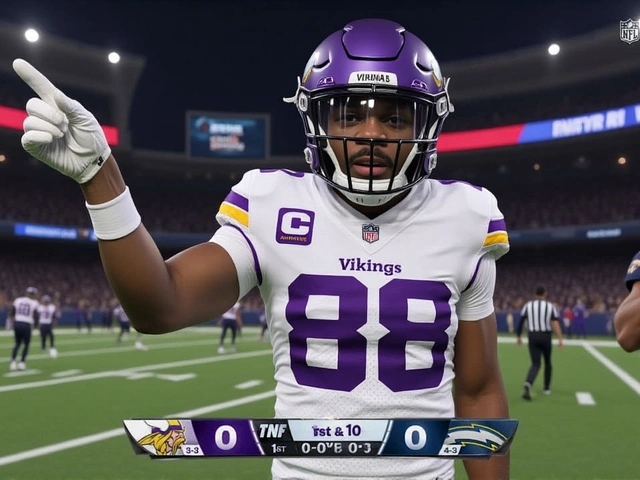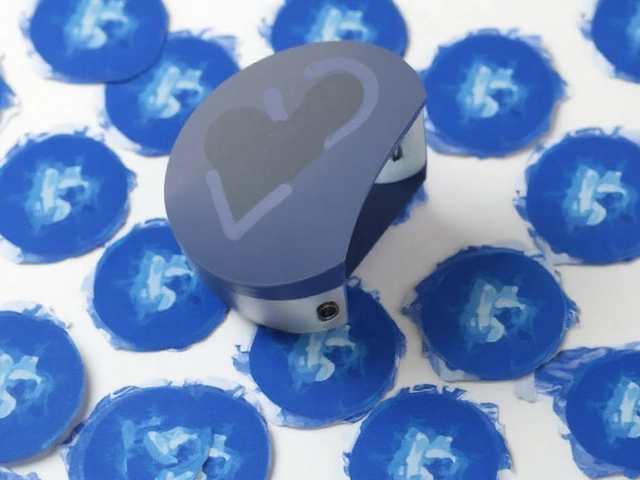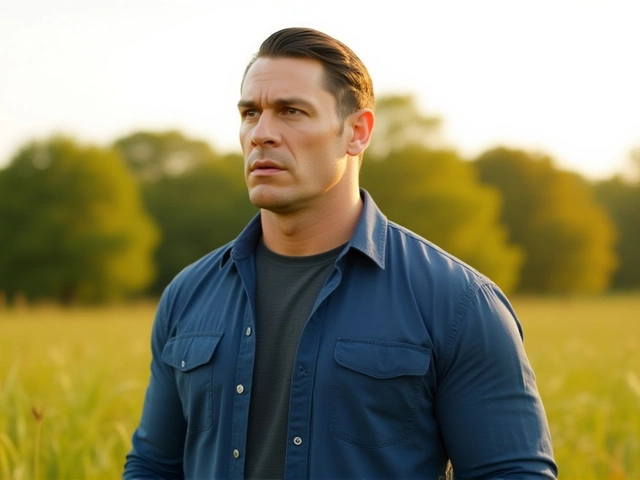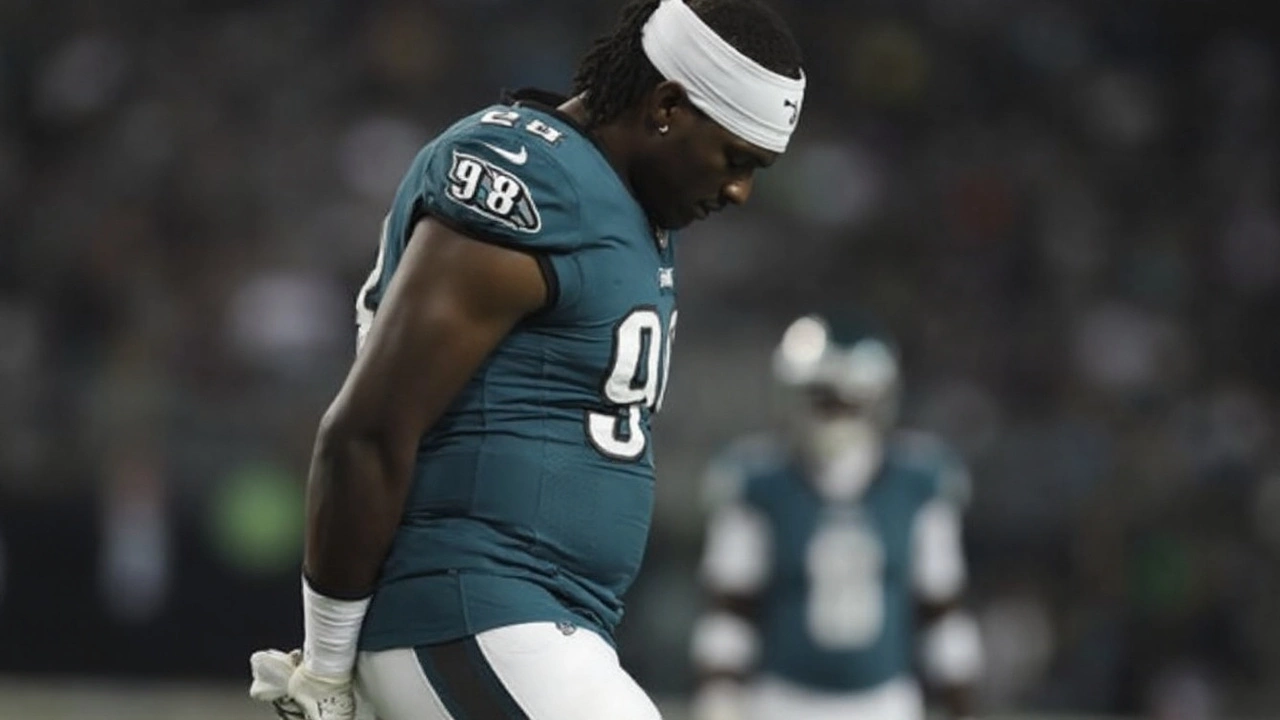 5
Sep,2025
5
Sep,2025
What happened on opening night
Before a single offensive snap, the Eagles–Cowboys season opener had its flashpoint. During an injury delay after the opening kickoff, cameras caught Eagles defensive tackle Jalen Carter and Cowboys quarterback Dak Prescott jawing face-to-face near midfield. As players began to separate, Carter spit on Prescott. Officials met briefly and ejected the 24-year-old before Philadelphia’s defense even lined up for the first play.
Video angles shown on the broadcast also captured Prescott spitting moments earlier in the direction of Carter and the Eagles’ defense. Prescott later said he wasn’t trying to spit at Carter and that it wasn’t intentional. Carter, who was a central piece of last season’s top-ranked defense, called his action a mistake and apologized, promising it would not happen again.
The incident unfolded while Eagles fullback Ben VanSumeren remained on the ground following the opening kick, a stoppage that stretched several minutes as trainers attended to him. What looked like routine sideline chatter escalated fast, and the officiating crew moved in once the exchange crossed a clear line. Under NFL rules, spitting at an opponent is unsportsmanlike conduct and grounds for disqualification. That authority extends to any dead-ball period, including before the first snap.
The ejection immediately altered Philadelphia’s rotation up front. Carter is one of the league’s most disruptive interior linemen, coming off a season with 4.5 sacks and 12 tackles for loss. Without him, the Eagles leaned on a deeper bench earlier than planned. Dallas took advantage right away, marching 75 yards in six plays and punching in a 1-yard rushing touchdown to seize a quick lead.
That early blow didn’t decide the night. Philadelphia steadied, tightened up on defense, and found enough answers on offense to grind out a 24–20 win. It wasn’t pretty, and it didn’t erase the opening scene, but the Eagles left with a result that mattered in the standings.
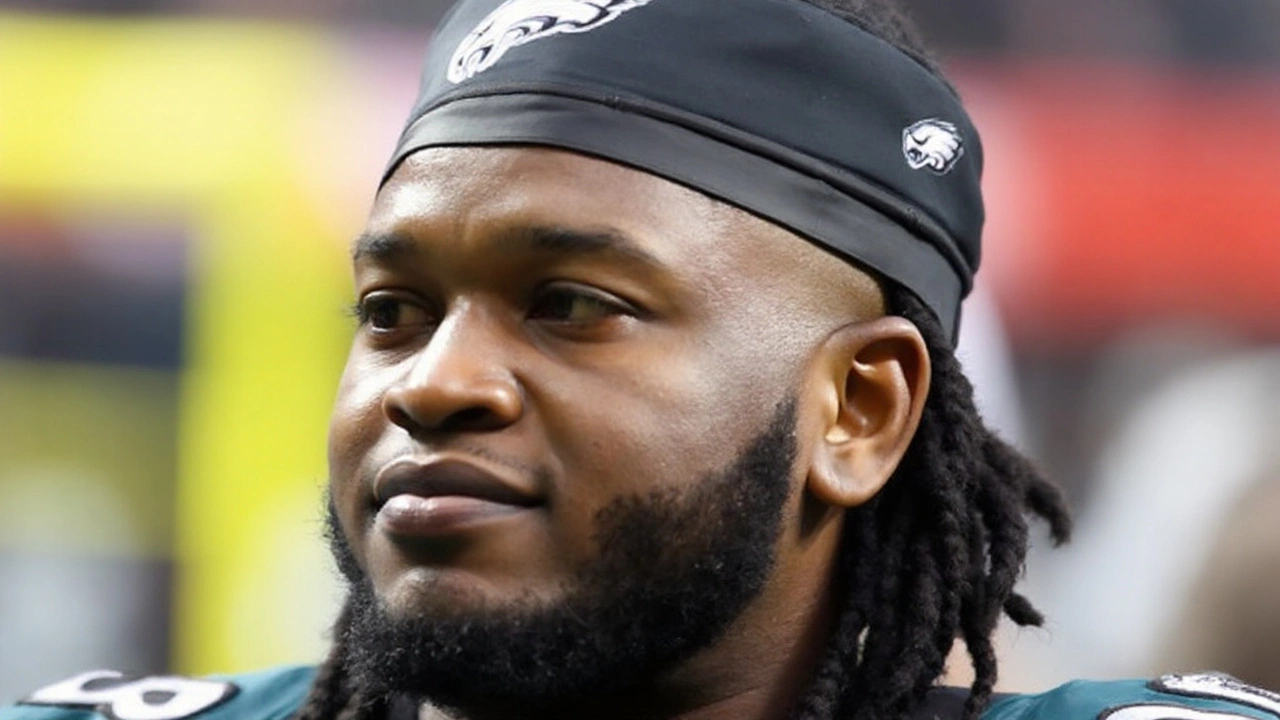
What it means for both teams
For the Eagles, the fallout is straightforward: they survived the short-term hit but may still pay a price. The league’s discipline office reviews all ejections, especially ones involving unsportsmanlike conduct. That typically means a fine, and the amount often lands on the Friday transaction wire the following week. Suspensions for a first-time offense like this are rare, but the league will look at the intent, any prior warnings on the field, and the totality of video available to officials.
Philadelphia also has to reckon with what the ejection says about composure in the biggest moments. This rivalry runs hot, and emotions were already elevated in a nationally televised opener. The Eagles lost their most dynamic interior pass rusher for 60 minutes because one player reacted to a provocation. Coaches preach control for a reason: a single outburst can swing momentum or force a game plan change. To the Eagles’ credit, the defense regrouped after the opening series, winning downs on the edges and keeping Prescott uncomfortable late.
For Dallas, the scoreboard stung more than the incident. The Cowboys got the fast start, an early lead, and a prime chance to lean on their tempo. They still walked off with a loss. Prescott addressed the moment postgame and tried to tamp down the drama, saying he had no intention to spit on Carter. His message sounded like damage control aimed at refocusing the conversation on football, where the Cowboys had chances but didn’t close.
On the officiating front, this was a rare decision. Ejections often follow scrums, punches, or repeat warnings. An ejection before the first scrimmage play stands out because it strips a team of a starter before either coordinator can settle into calls. The crew made a fast judgment based on what they saw live and what was confirmed through the on-field discussion. That’s consistent with the rulebook: spitting is a bright-line violation, no matter the timing.
Context matters here. Carter is a young star still early in his career arc. He’s been praised for his power, first step, and ability to wreck blocking schemes. He’s also learning how opponents will poke at him—verbally and physically—because that’s how disruptive players get tested in the NFL. His apology suggests he knows he gave Dallas an unnecessary opening. The fix is mental: respond with pressure and tackles for loss, not with a response that hands the other team 60 minutes of relief from your presence.
From a football standpoint, the Eagles’ ability to cover for the loss up front was encouraging. Interior depth kept them afloat on early downs, and the back seven limited explosive plays as the game wore on. The offense did its part by stacking longer drives in the second half, which protected a defense playing a man down in the trenches. That complementary stretch is why the final score tilted green despite the rocky start.
Rivalries like Eagles–Cowboys often teeter on moments like this. They push players to the edge, and sometimes past it. The league has worked hard to clamp down on post-whistle antics, and nights like this show why: tempers flare, TV cameras catch everything, and a split-second decision can overshadow the actual football. Both teams will see this film in meetings. One will use it as a teaching tool about discipline. The other will file it away as a reminder that wasting a hot start can cost you in the fourth quarter.
What comes next is procedural. The league office will review reports from the officiating crew, gather all available angles, and issue any fines. Coaches will handle the rest inside their buildings. For Philadelphia, that means emphasizing composure and cleaning up the pre-snap operation. For Dallas, it means capitalizing when they get the break again—because in this division, you don’t get many freebies.
Opening night gave the rivalry another chapter: a bizarre ejection, a momentum swing, and a late-game response. It also handed both locker rooms a clear message. For the Eagles, the takeaway is simple—win the emotional battle and you usually win the night. For the Cowboys, it’s about finishing what a fast start promises. September football can be messy. The good teams learn fast and move on.
